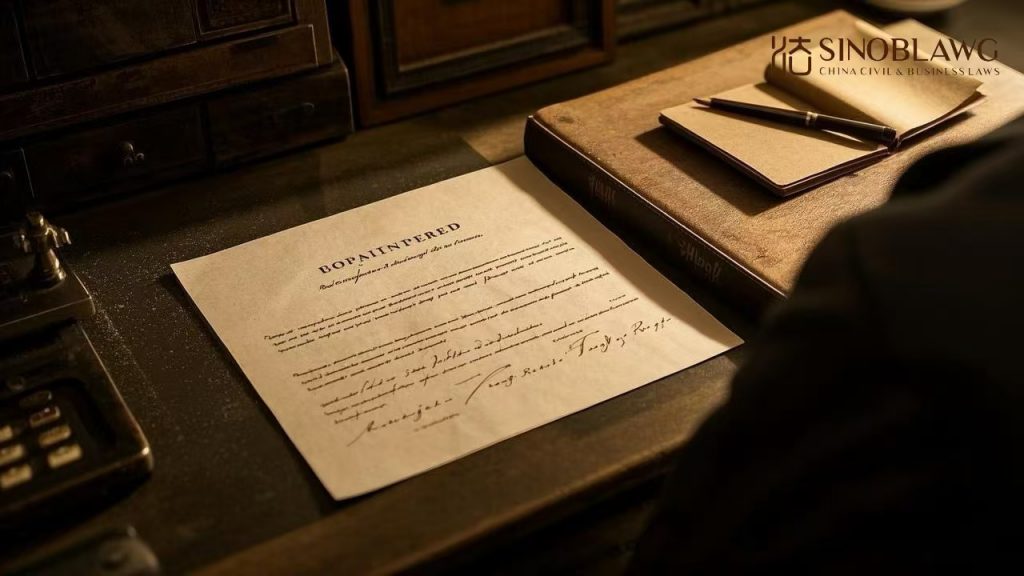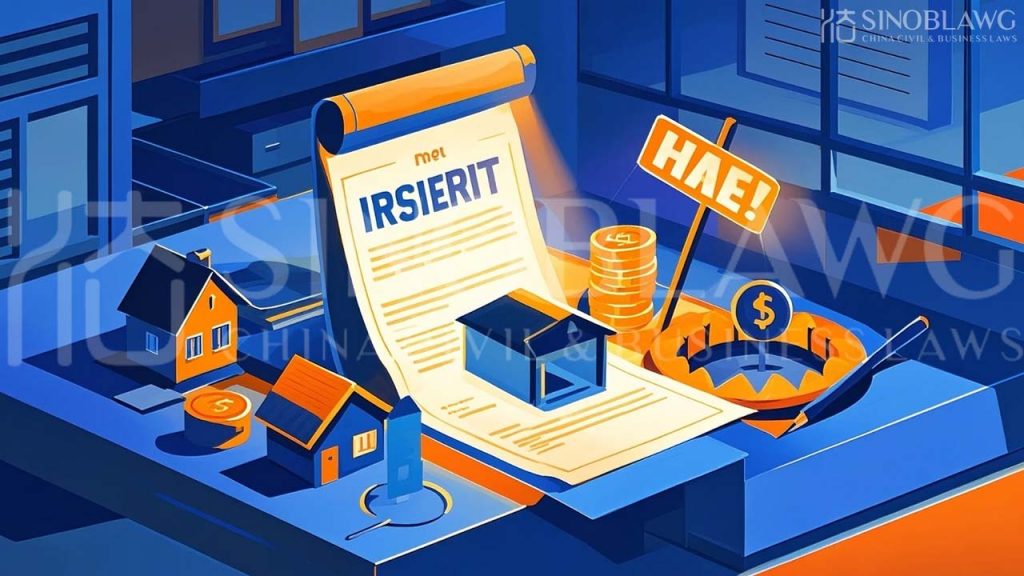[It shall be noted that some of the information in this aged post is no longer valid, and you are encouraged to read latest posts in this regard.]
With the development of internationalization of China, it has seen steady rise in the number of cases where foreigners seek to inherit real estate properties located in China. As it is a cross-border issue, it may vex foreigners because of the complicated legal issues involved in inheriting real properties in China.
The blogger, Jason Tian, a Shanghai-based real estate lawyer, has dealt with quite a few cases involving foreigners inheriting real estate interest in Shanghai, and he is happy to share some information in this regard with people.
Please note, this article deals with only inheritance of real estate properties. As a global principle, inheritance of real properties shall be governed by the local laws where the apartments/houses are located. Therefore, the following information is written in accordance with relevant Chinese laws. Inheritance of personal properties shall be subject to a different set of rules.
I. Inherit Real Property pursuant to the Law of Descent and Distribution
The law of descent and distribution applies where the decedent dies intestate without having a valid will in place at the time of death. Succession as per the law of descent and distribution is termed also as intestate succession, where the law provides for who the statutory heirs are that shall have the right to inherit the intestate properties of the deceased and in what order or sequence, and how the decedent’s estates shall be distributed among those statutory heirs/successors.
According to China Succession Law, in the case of intestate succession, the decedent estates will be distributed to the Statutory Heirs of the First Order/Group including the spouse, children and parents of the deceased, and in absence of an heir of the first group, then to the Statutory Heirs of the Second Order/Group including the siblings, grandparents and grandparents-in-law of the decedent. If the children die prior to the decedent, the rights of inheritance of the children shall pass to the descendants of the children of the deceased.
Inheritance of real property will require the transfer of the title of the estate to the heirs. To effect the title transfer, the successors/heirs shall need to notarize their right of inheritance with a notary public before applying to real estate registry authority therefor. Such notarization is required to ensure that the person claiming succession does have the right to inherit the estate in accordance with China Succession Law. Without such notarization, real estate registry authority will not accept the application for the title transfer.
II. Testate Succession
Testate succession happens when the decedent dies with a valid will. The first question that needs to be addressed is whether the will is legal and valid. The answer to this question shall be found in the laws of the decedent’s regular residence place or of the state of his or her nationality at the time of the making of the will or his or her death.
A testator is generally allowed to bequeath personal or real properties to his or her statutory heirs or other people. There is some noticeable difference between bequest to statutory heirs and to other people in terms of effecting title transfer, according to a local code in Shanghai regarding registration of real estate title transfer resulted from succession.
In the case of bequest to statutory heirs, the heirs shall notarize its right of inheritance of the real properties bequeathed to him or her, but it is not required that the will itself be notarized. However in the case of bequest to a person other than statutory heirs, not only is it required that the right of inheritance be notarized but also the will that mandates such a bequest.
It is our advice that people that want to make a will disposing of their real properties in China have their wills duly notarized so that the bequeathed beneficiaries will be able to effect title transfer under their names without trouble.
III. Taxes involved in Real Estate Inheritance
China does not have inheritance/estate tax.
Generally, taxes relating to real estate transaction are business tax, deed tax, income tax, stamp tax, land value appreciation tax. There are not many taxes to pay. In the case of intestate succession, the heirs pay no taxes at all.
In the case of testate succession to statutory heirs, there are no taxes to pay either.
In the case of testate succession to persons other than statutory heirs like grandparents bequeathing a house to grandchildren, the successor(s) shall pay the deed tax of 1-3% percent (in some places the rate can go up to 5%) depending on the nature of the properties, ordinary or not, residential or commercial.
You are welcome to write to the author, Mr. Jason Tian for more information on inheritance of Chinese real properties at his emails and phones set out at the top right corner of this page.








Hi Jason,
Thank you for the informative article! I was just wondering how China’s inheritance laws work for non-PRC passport holders inheriting property from a parent or relative who is Chinese.
Laird, non-PRC heirs can inherit estate in China in the same way as Chinese heirs, no bias. Let me know what we can do to help.
Hi Jason Tian,
My late father has a piece of property in Longyan,Fuzian Province. We were informed that the said property is to be acquired by the state authority. Our elder brother had quietly submitted as the sole beneficiary for the property acquistion compensation. It is understood that the compensation is in the final stage .
Hence we seek your advise and service on the lodgement of other siblings as heirs to the late father’s property.
Note that we are not disputing the state’s agreed compensation if it had been approved. We seek our equal rights as the first level heirs to our late father’s property.
Your advice and any immediate action to be taken is appreciated.
Best regards,
Lim GC on behalf of all Siblings
Hi Lim, I have sent you an email already. Let me know whether you’re are going to give me a call today to brief the case.